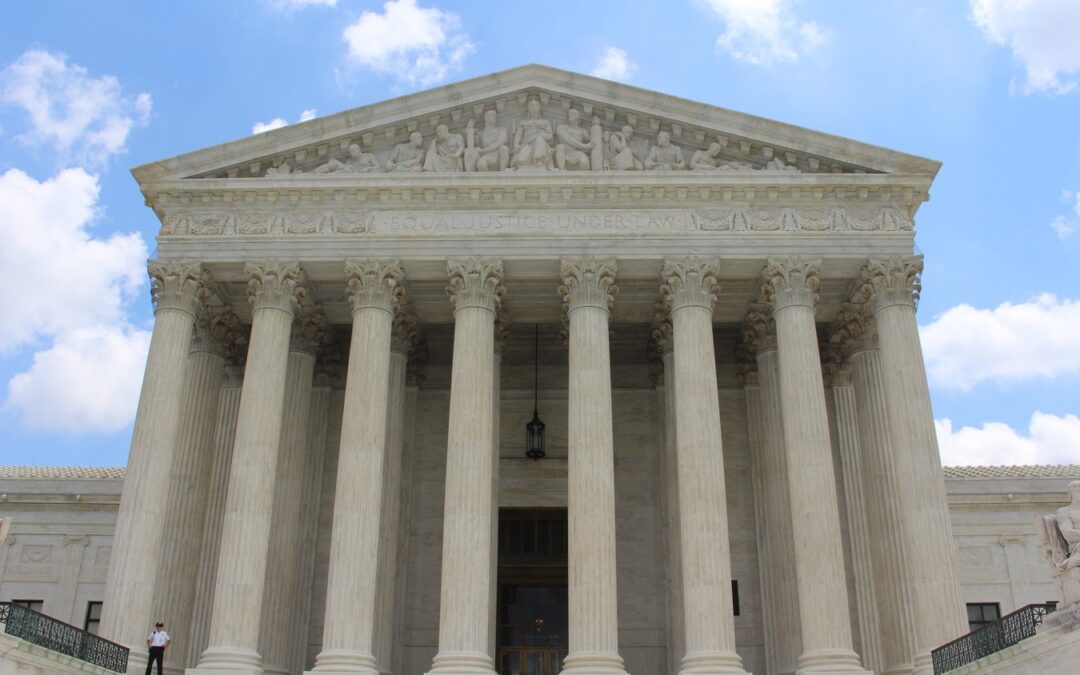Each October marks the start of another Term for the United States Supreme Court. For the last several months, there has been much discussion about the newest member to the Court, Justice Brett Kavanaugh. One issue that affects our lives much more than mentioned on cable news is the increasing use of arbitration to resolve our disputes rather than the court system. The new make up of the nation’s highest court will have a dramatic impact for many people in the way that disputes are resolved. Justice Kavanaugh will have immediate influence on whether independent contractors will be subject to resolving their disputes in binding arbitration.
In New Prime, Inc. v. Oliveira (argued October 3, 2018), the Court will decide whether employment disputes involving workers engaged in interstate commerce may be subject to binding arbitration. The court will also decide whether the arbitrator, or a judge, will decide whether the dispute must be resolved in arbitration. In many cases, the arbitration clause is written so that an arbitrator gets to decide whether the parties even agreed to arbitration. The Court’s decision in New Prime will likely influence whether those in the transportation industry, such as truckers, will use arbitration to resolve employment disputes.
In this case, a national trucking company recruited and trained new drivers through an apprenticeship program. The students are unpaid, except during one phase when they are paid $.14 per mile driven. The trucking company waives the tuition of this training program if the student completes one year of service to the company. As part of the deal, the trucking company required the student to sign a binding arbitration clause for resolving any disputes.
You probably already recognized that the pay under this program is pretty miserly which doesn’t seem to meet minimum wage laws. Sure enough, that also crossed the mind of Oliveira, so he joined a class action alleging that the trucking company had failed to pay minimum wages as required under both federal and state law. The trucking company move to compel resolution of the dispute in arbitration. Of course, if left to litigate alone in arbitration rather than a class action, Oliveira could not afford the costs and would not likely pursue the matter. The trucking company recognized this strategic advantage when it moved to compel arbitration.
The District Court found that the decision on whether arbitration should be held must be decided by the judge, and not the arbitrator. The judge also concluded that the Federal Arbitration Act, 9 U.S.C. 1, did not govern the dispute because the student was subject to a contract of employment regardless of whether he was an independent contractor. The operative language is: “but nothing herein contained shall apply to contracts of employment of seamen, railroad employees, or any other class of workers engaged in foreign or interstate commerce.†The United States Court of Appeals for the First Circuit agreed with that decision.
The briefing before the Supreme Court included input from the parties and many other interested friends of the court. Some argued that arbitration is ineffective at protecting the truck drivers because those workers are not often in the same geographic locations as their employers and the travel costs associated with bringing claims deter them from initiating arbitration. One senator filed a brief arguing that the court should not broadly interpret the Federal Arbitration Act so that ordinary individuals are denied access to the courtroom. Ultimately, the Court will read the statutory language in order to make the final call that will affect 3.5 million truck drivers in our country.
This is yet another landmark decision involving the Federal Arbitration Act. This issue doesn’t have the same sex appeal on the political talk shows as other subjects, yet it will touch the lives of millions of our citizens. Over the last twenty years, the courts have consistently held that there is a liberal policy favoring arbitration. Soon we will see if this Court, with the new addition of Justice Kavanaugh, will follow in that same progeny favoring arbitration.

